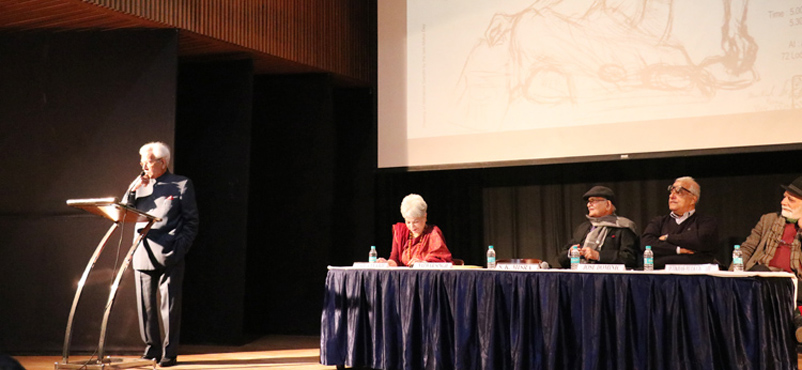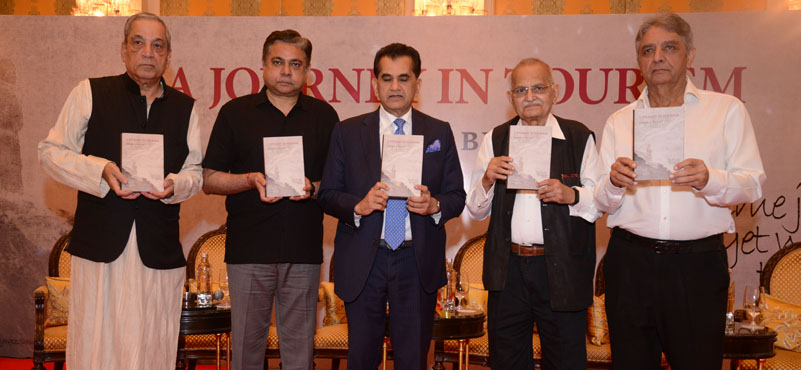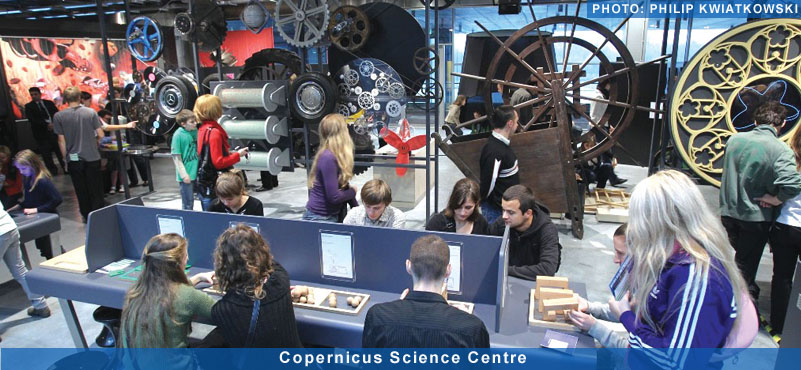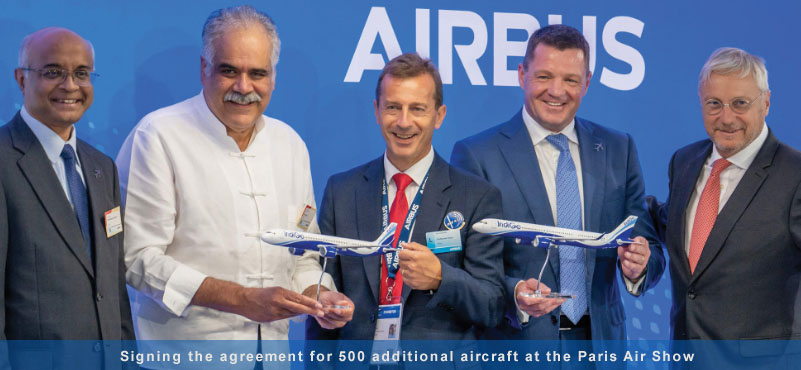The inaugural edition of Rural Tourism Day brought together champions of the segment, who suggested implementing Gandhi’s ideals of village sufficiency in full earnest. They insisted on harnessing the innate potential of rural India in arts and crafts, cultural uniqueness, and authenticity to provide the populace with tangible gains on economic and social fronts. Rural tourism was a sure shot way of achieving these aspirations, the general sense indicated. Excerpts from the discussion chaired by Former Union Minister Natwar Singh, involving Laila Tyabji and Jose Dominic. The event was organised by ITRHD which is headed by S K Misra, former principal secretary to the PM as the Chairperson.
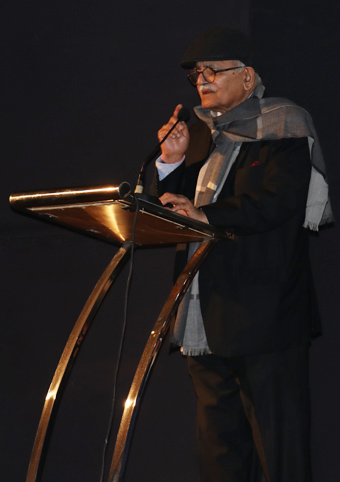
The importance of rural tourism in reviving the fast-dissipating tangible and intangible heritage, equally aiding the growth of rural areas as new “power centres” of the country was the centre of discourse at the inaugural Rural Tourism Day. Coinciding with the 150th birth anniversary of Mahatma Gandhi, ITHRD’s idea of celebrating the Gandhi’s martyrdom day as Rural Tourism Day was a tribute to Gandhi’s idea of rural upliftment and skill development at grassroots, S K Misra, former principal secretary to the PM and Chairman ITHRD said. Focus on rural tourism and cultural tourism were important to showcase “real India” to visitors from the world over that resided in the villages, he argued. He also informed that ITHRD had kick-started several projects in six different states and gave a brief overview of the organisation’s initiative. “We have accelerated community development by establishing a private school, music academy and women’s empowerment programs, training and developing local leadership, and local-level infrastructural development,” S K Misra noted. IHRTD’s “small number of involvements” in projects had shown there was “enormous potential” and benefits that followed after involving communities in developing tourism and infra justified a more vigorous effort in the rural areas, he asserted.
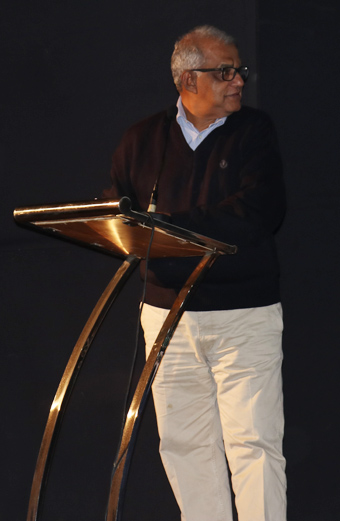
Jose Dominic, Founder of CGH Earth, gave a rather descriptive presentation highlighting the hospitality industry’s crucial role in driving local employment, community development and participatory growth. CGH Earth’s foray in the ecologically pristine Bangaram Island was a challenge but had turned out to be an opportunity to drive local-centric and environmentally responsible tourism, he shared, recounting his earliest major project. He noted that the learning helped the company put in place ingenious ways of preserving the local traditions and customs, in many consequent projects, most notably in Kerala – where a king’s palace, because rules forbidding the use of slippers and meat, was turned appropriately into an Ayurveda-specific centre. Measures such as rain-water harvesting to use only recycled water, an overwhelming share of employment to locals and embracing local material in construction had turned out to be a mutually benefitting scenario for the company and locals alike, Jose Dominic said.

Social worker and one of the founders of Dastakar (a Delhi-based non-profit organisation), Laila Tyabji observed that Gandhi’s ideals of self-sufficient villages needed to be given utmost importance. She drew parallels between India and countries such as Thailand and Indonesia which had done “so much more” for their limited crafts and arts, rueing that India having so much more to offer was “short-sighted.” The colourful and vibrant local communities across the Indian villages were the reason drawing in visitors and were increasingly “taking matters into their own hands” to drive tourism for the lack of institutional support, she observed. On the road ahead, she batted for implementing Gandhi’s ideals for rural upliftment and suggested that India was truly missing his presence at a time when rural distress was visible.
Former Union Minister Natwar Singh, who anchored the session was at his characteristic witty best. He admitted that he was ill-equipped to chair the session, adding that he was not a modest man and making an honest observation.

